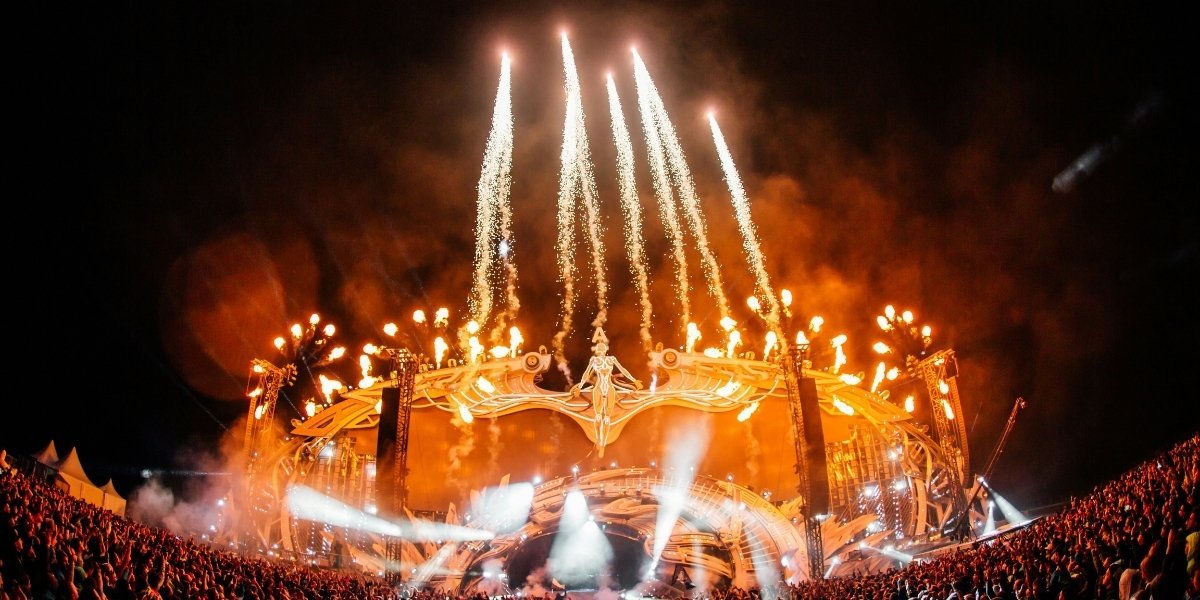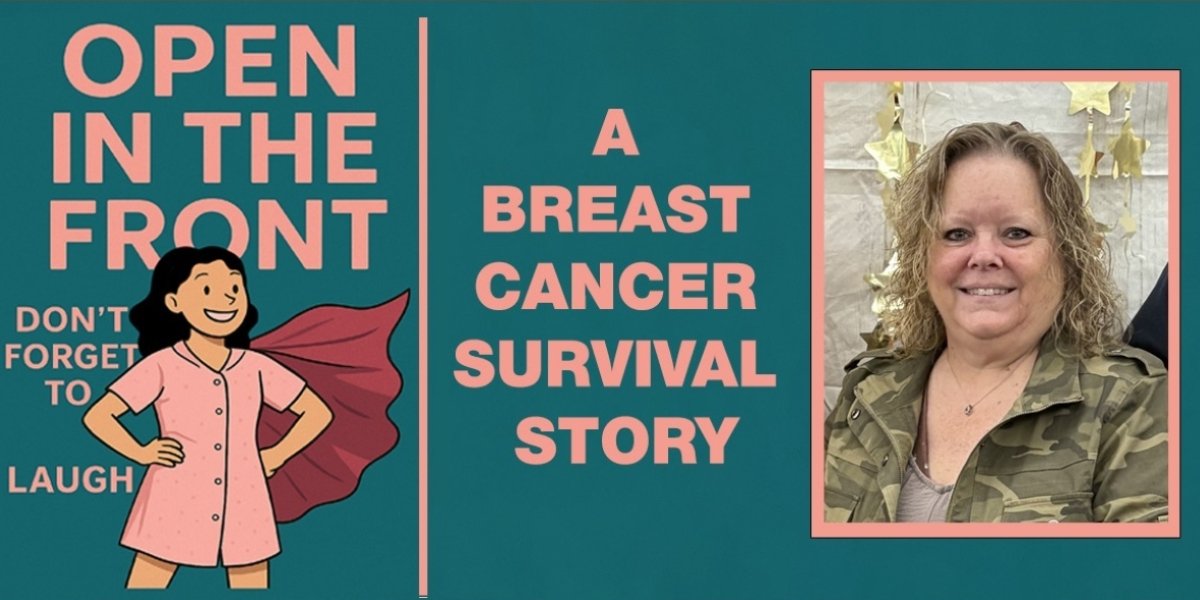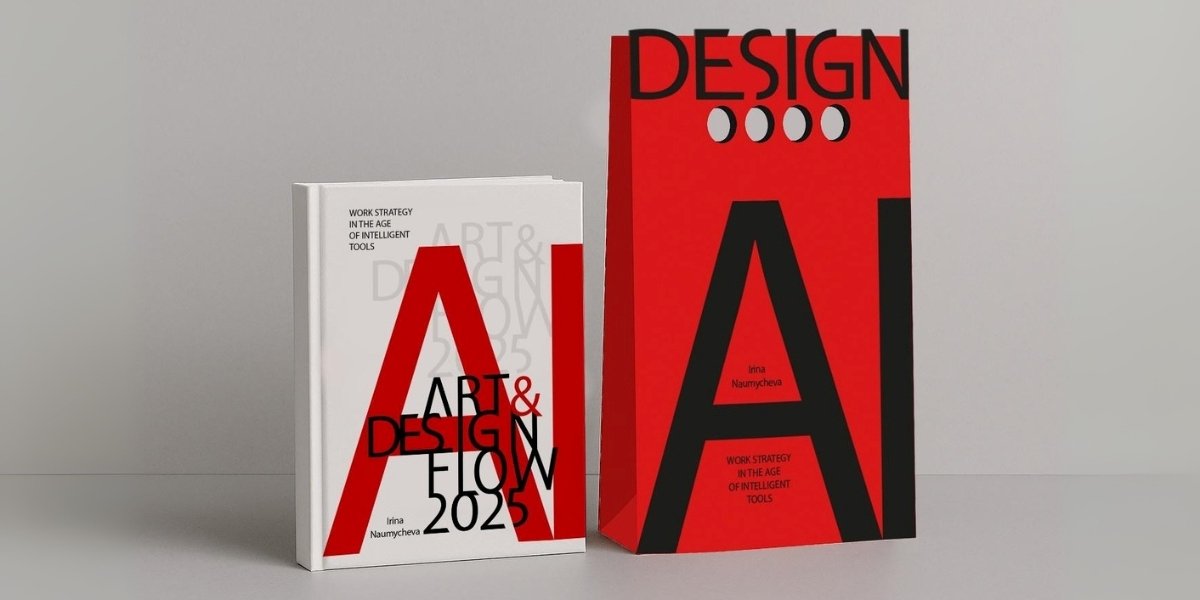By: Ziyan Yang
During my undergraduate composition studies, I felt a disconnect. The “standard” sound of my peers and the focus on analyzing complex contemporary pieces made me feel at a loss. While I respect the technical rigor of composition, its emphasis on scientific and mathematical approaches left me questioning my path – my creative impulses were more subjective and emotional. My initial dream was to be a singer-songwriter, but a Chinese music school does not offer songwriting.
A turning point came in 2019, right before the pandemic. I wrote and performed my first short opera, “The Tell-Tale Heart,” inspired by Edgar Allan Poe. This project allowed me to finally feel worthy – combining my strengths in composition, singing and performing. That’s when I decided to dedicate my career to this art form; then, I pursued a graduate degree in musical theatre writing at NYU, where I learned more about the craft of drama so I could blend it better with the musical knowledge and produce works that are authentic to me.
Experiencing new operas in this country, such as Dead Man Walking, Angel’s Bone, In Our Daughter’s Eyes, Champion and Fire Shut In My Bones, determined my mind to go hard after operas. The fact that today’s operas are beyond conventional boundaries has bolstered my confidence. In my professor’s Opera instruction class, we even saw the fusion of hip-hop into operatic forms. I grew goosebumps like when Jasmine flew the carpet with Aladdin; this is a whole new world for me. During graduate school, I was always called ‘weird’ or ‘out of the box.’ At the same time, other students were all writing standard Broadway sound-like music, and it always led to discussions about the distinctions between operas and musicals. Initially, I thought these differences lay in genre, instrumentation, and composition techniques. However, my creative journey has led me to see them more as a spectrum, where the delineation blurs – when a work is obviously opera or musical, people wouldn’t think about the difference matters, but when it’s landing on the gray area, people will be picky about giving it a label. I wish to write musicals featuring a glamorous symphonic sound. I also want to write operas like comedies with melodies people can hum in their bathrooms. As time passes, do categories change themselves too? As young artists shaping the future, how can I contribute to the creation of new divisions?
Another reason I am drawn to this industry is the collaborative nature it carries. Working alongside directors, librettists, musicians, designers, and fellow artists in the creation of an opera is blending all the artistic minds in unity. Though collaborations can be challenging, overcoming these obstacles and witnessing the production come true is what truly motivates me as an artist.
In today’s diverse art world, opera has evolved to encompass elements of filmmaking, choreography, and visual experimentation. This dynamic art form constantly presents new challenges and opportunities for innovation, encouraging me to continually explore fresh ideas. As a composer, absorbing the perspectives of other artists enriches my creative process, allowing my musical compositions to evolve. Composing an opera is more than writing an academic score, it’s building characters and narratives within the sound I make.
I took some time to shape my skills as a playwright – while there’s no musical sound but the harmonious interplay of words and rhythm among characters, silence and overlapping chaos, a straight play produces its own music. And I gained my biggest takeaway – my clients are the audience; if I want to keep them engaged, I need stakes, and those stakes are beyond the dramaturgy but within me as a creator: Why do I make a sound? What am I seeking in this piece? Why are my characters singing instead of talking? Sanity? Delusion? Dreams? When I present my work at the theater, I assemble instruments on stage; I give melodies meaning; I sit people in order, then dim the lights and show my deepest hidden thoughts even though they don’t make sense… But ultimately, would people cry or laugh? How would the relationship between them and me shift after the show? Am I afraid of them calling my piece interesting, or am I more afraid of them saying it’s not? Working in this industry gives me endless questions and sometimes overwhelms me, but every time, the feeling of surviving a disaster satisfies me as an adventurer.
New York is the right habitat for me, from Broadway to The Met, all the small theaters from downtown Manhattan to Brooklyn, I relish every opportunity to watch a show. Yet, I also contemplate – in this competitive industry, when is it gonna be my turn? In the ocean of stories representing diverse communities, when can my stories be heard? I guess the answer can’t be found, but I produced it myself.
Published by: Martin De Juan
















